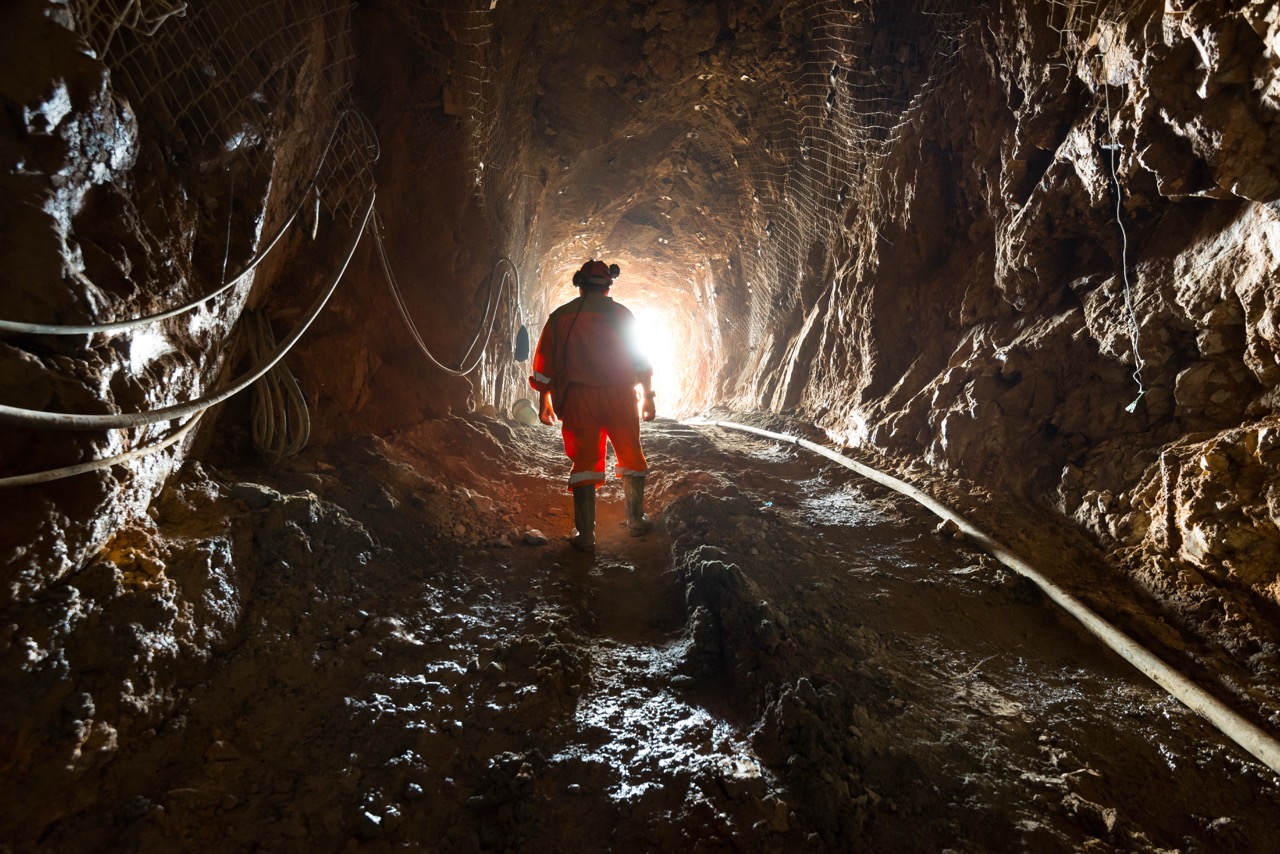Critical minerals supply in uncertain times
G7 leaders are meeting to discuss critical minerals security this year in a geopolitical context of great uncertainty. In 2023, when G7 climate, energy and environment ministers agreed to a Five-Point Plan for Critical Minerals Security in Sapporo, threats to climate, energy security and prosperity loomed over the meeting. The need for secure, diversified and responsible sourcing of critical minerals is now even more urgent as ongoing conflicts, fires and floods destroy lives and habitats. Yet the bedrock of commitments to international cooperation on climate, trade and security alliances has been shaken in 2025. On this unstable ground, G7 leaders at Kananaskis will need to renew and extend the plan for responsible production and sourcing of critical minerals.
The strategic imperative of critical minerals
Why does the world need critical minerals in greater quantities, and which do we need? Critical minerals are essential for energy storage in batteries for electric vehicles and for renewable energy systems, such as solar panels and wind turbines. In an increasingly polarised and insecure geopolitical context, critical minerals are also needed for advanced defence technologies and to secure telecommunications infrastructure. Depending on the technology, batteries need varying amounts of lithium, nickel, manganese and cobalt, as well as phosphates for lithium-iron phosphate batteries. Graphite is needed for solar panels, aluminium for wind turbines and large amounts of copper for electrification. China has recently placed export controls on minerals used primarily in defence applications, such as tungsten, tellurium, indium and molybdenum, and for semiconductor production, such as gallium, germanium and antimony.
Each country and the European Union have their own list of minerals or materials deemed ‘critical’ depending on their resources and reserves, mining and mineral processing capacity, and trade relations. Most jurisdictions distinguish between critical and strategic minerals, where strategic minerals are in high demand but at less risk of supply disruption than critical minerals.
Global frameworks for fair and responsible minerals sourcing
Greater multilateral cooperation and coordination are needed more than ever to diversify and trace responsible mineral sourcing. The first step is not to allow any progress already made to stall if the United States withdraws support from vital initiatives or agreements. The UN Secretary General’s Panel on Critical Energy Transition Minerals has made actionable recommendations that the G7 should endorse and implement beyond its members’ own borders and national interests. Principles of equity and ethical production, as well as those governing the trade of minerals should be maintained, as outlined for example, in the Minerals Security Partnership. Initiatives such as the Sustainable Critical Minerals Alliance should continue to reach beyond the G7 to other key mining economies, such as Australia.
G20 members convened by South Africa this year bring together major producers of critical minerals – including those of the Global South, such as Indonesia, Brazil and India as well as the Democratic Republic of the Congo, Guinea, Zambia and other mining countries represented by the African Union. These countries need to leverage their own downstream processing and beneficiation potential from nickel, copper, cobalt, lithium, bauxite and other critical minerals.
Canada is well placed as a global frontrunner in sustainable mining practices to share knowledge and critical minerals strategy within the G7 and across the wider G20 platforms in South Africa this year.
To renew and extend the Five-Point Plan for Critical Minerals Security, G7 leaders should:
- Forecast and analyse short- and medium-term shocks to critical minerals supply chains in the current geopolitical context, in continued collaboration with the International Energy Agency’s Working Party on Critical Minerals. Rapid reviews and policy briefs on the implications of import tariffs or export controls on specific minerals, metals and materials could inform G7 discussions.
- Support diversified critical minerals supply chains and onshore mineral processing in partnership with G20 members and regional organisations, for example, between the European Union and African Union.
- Promote social and environmental safeguards to protect human rights and nature related to mining and minerals processing, in particular, the rights of Indigenous and land-connected peoples and their natural resources.
- Strengthen the governance of mining and mineral supply chains to prevent corruption and the erosion of the economic benefits of critical minerals extraction.
- Pledge financial support for the creation of the Global Mining Legacy Fund to remediate abandoned mines and improve mine closure environmental and social practices, as proposed by the UN Secretary General’s Panel on Critical Energy Transition Minerals.












